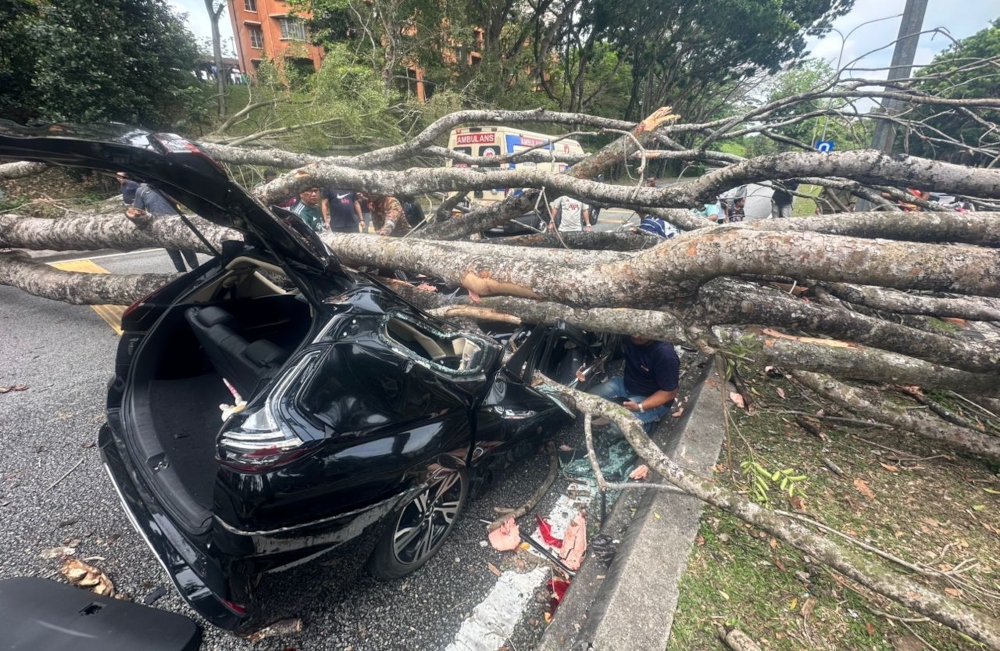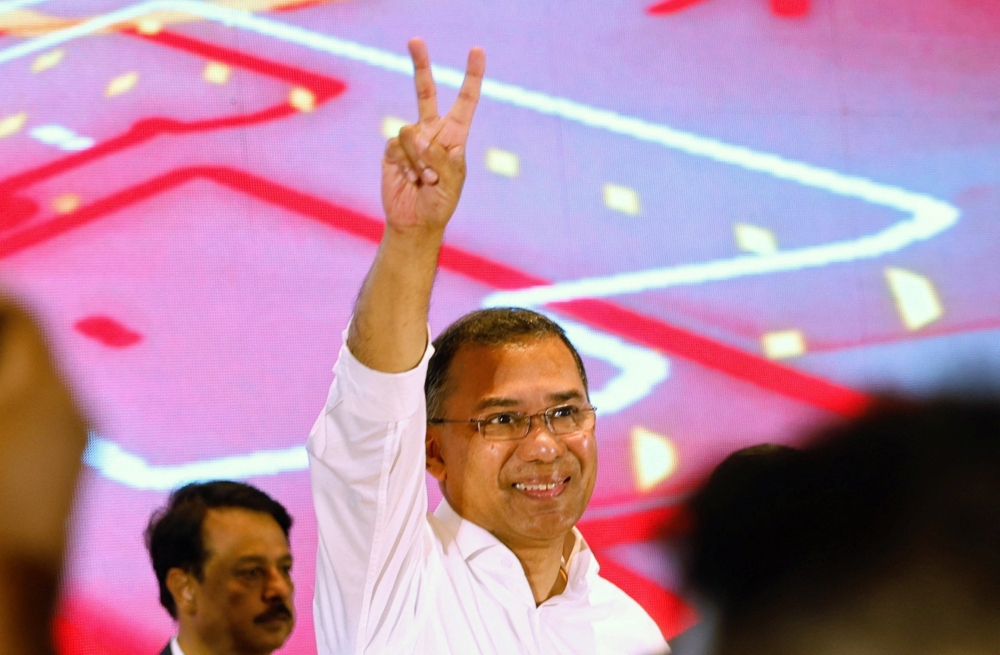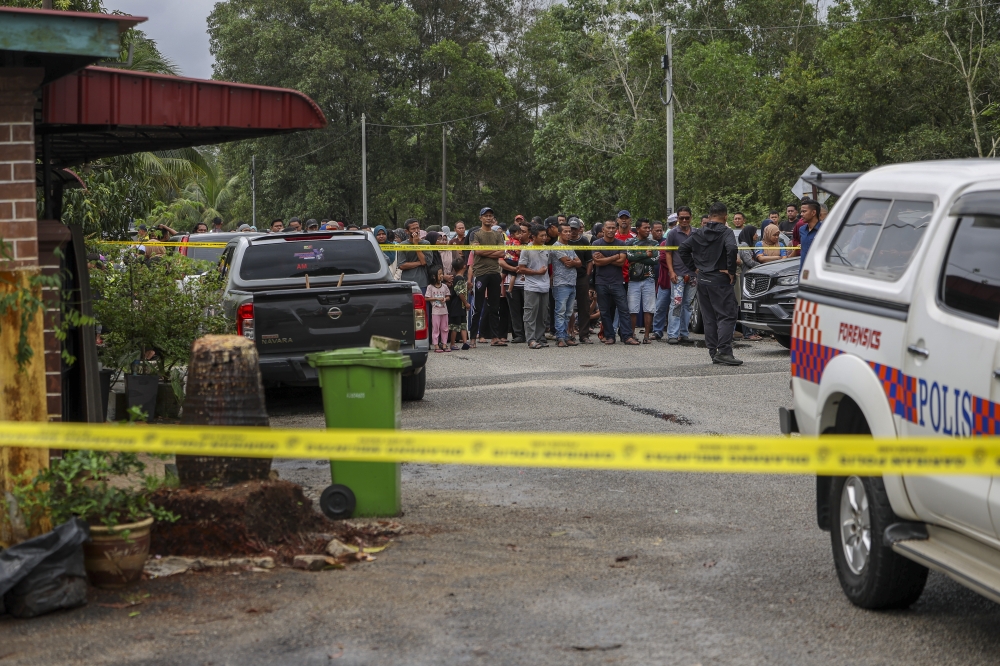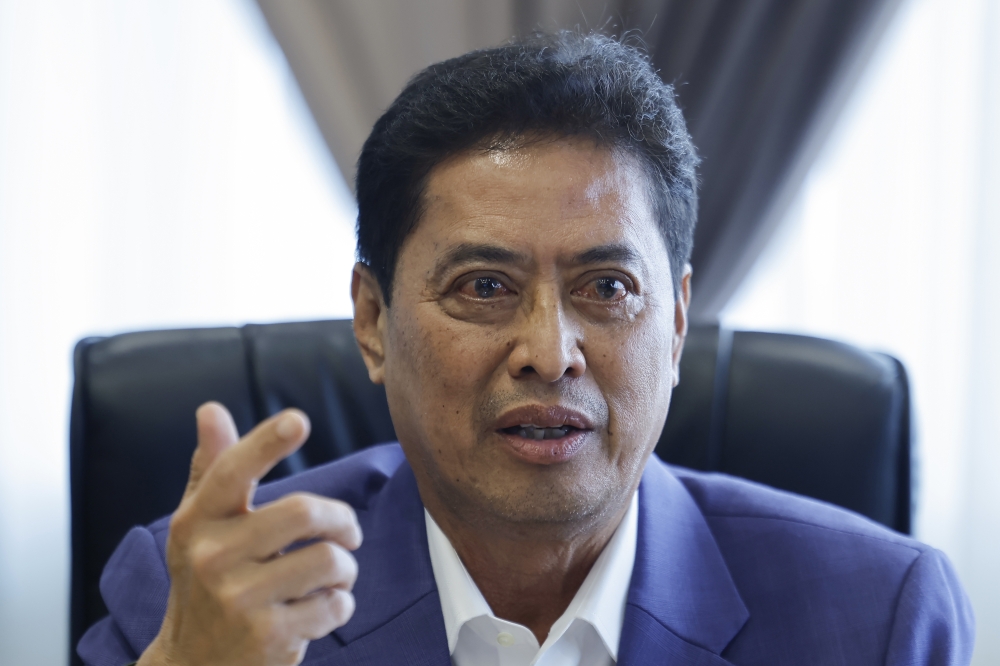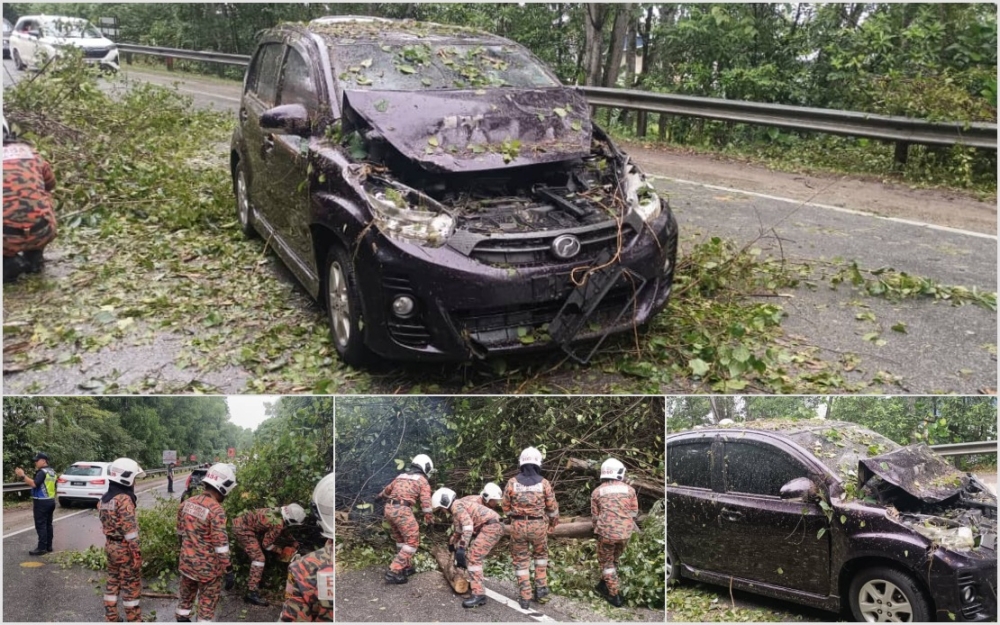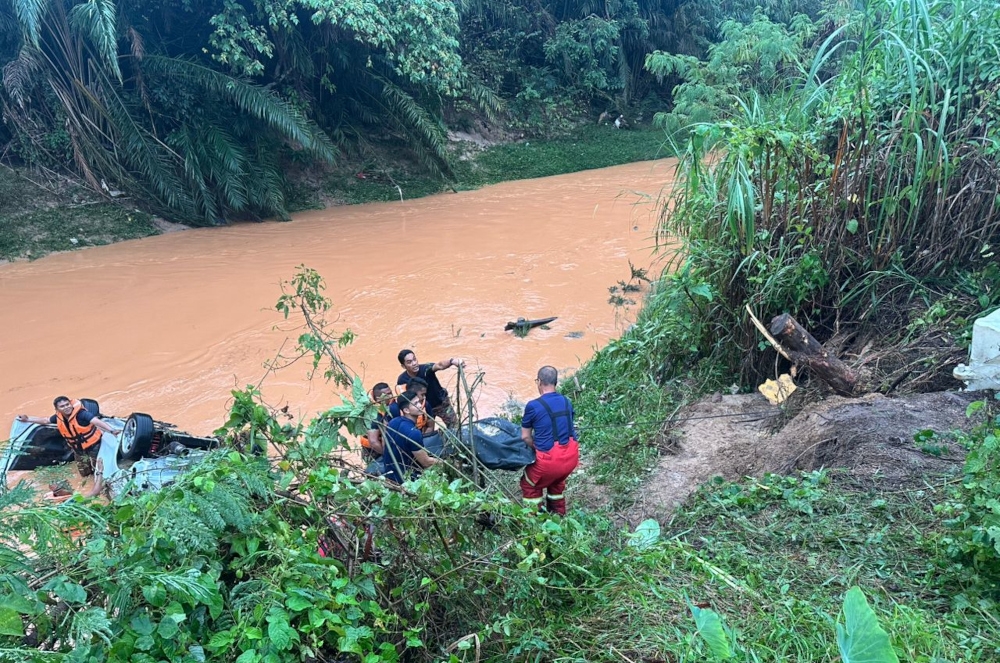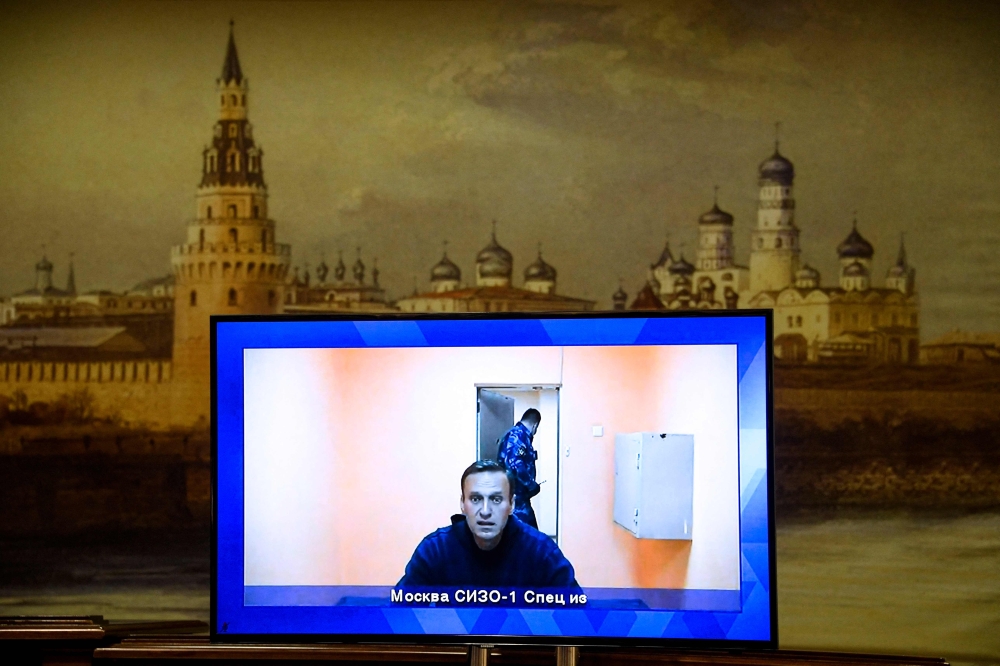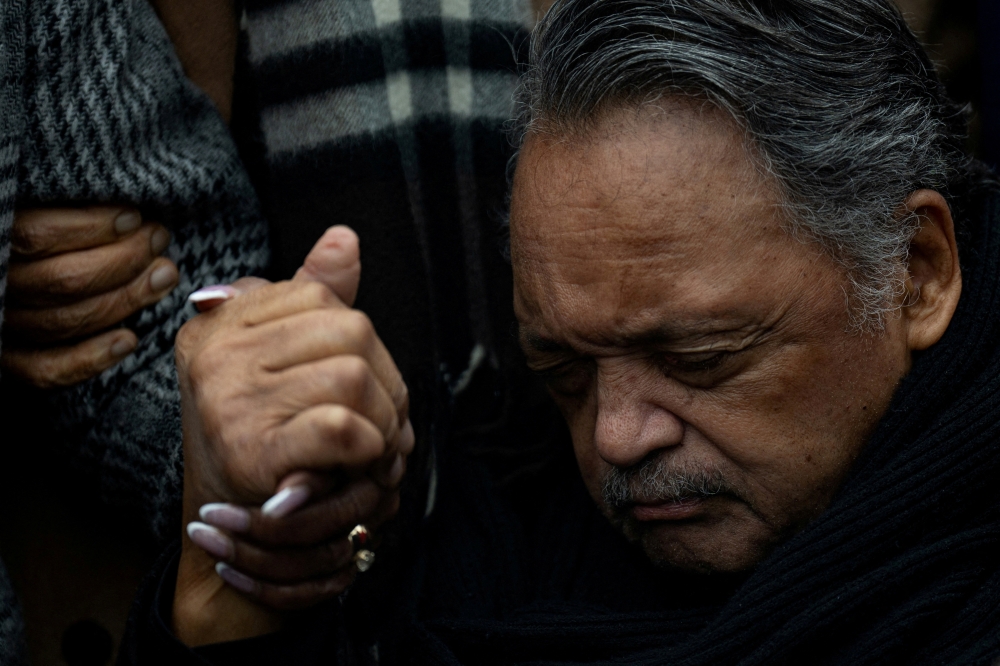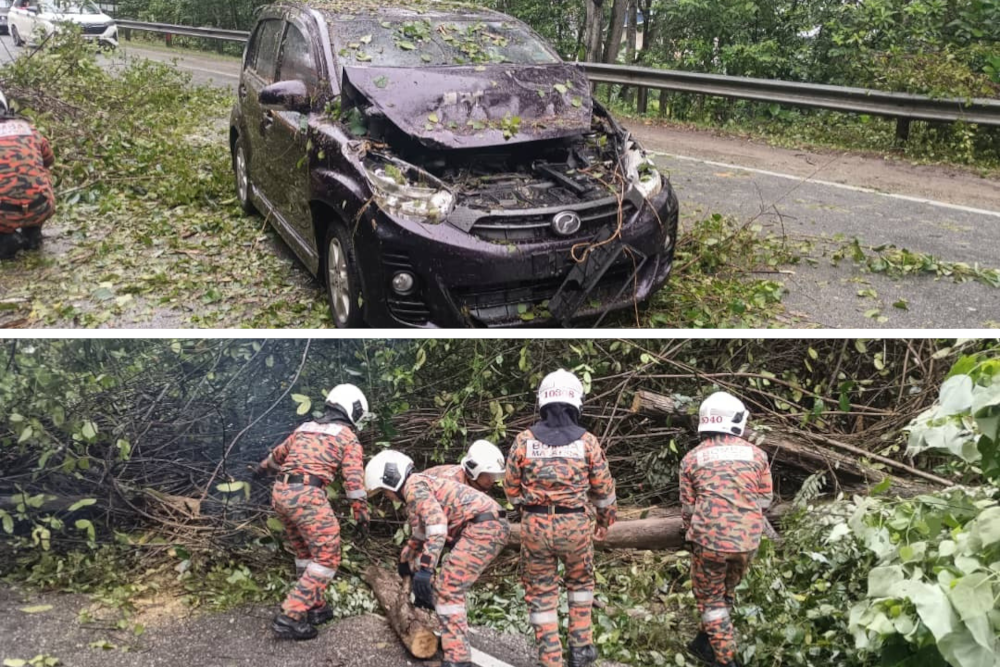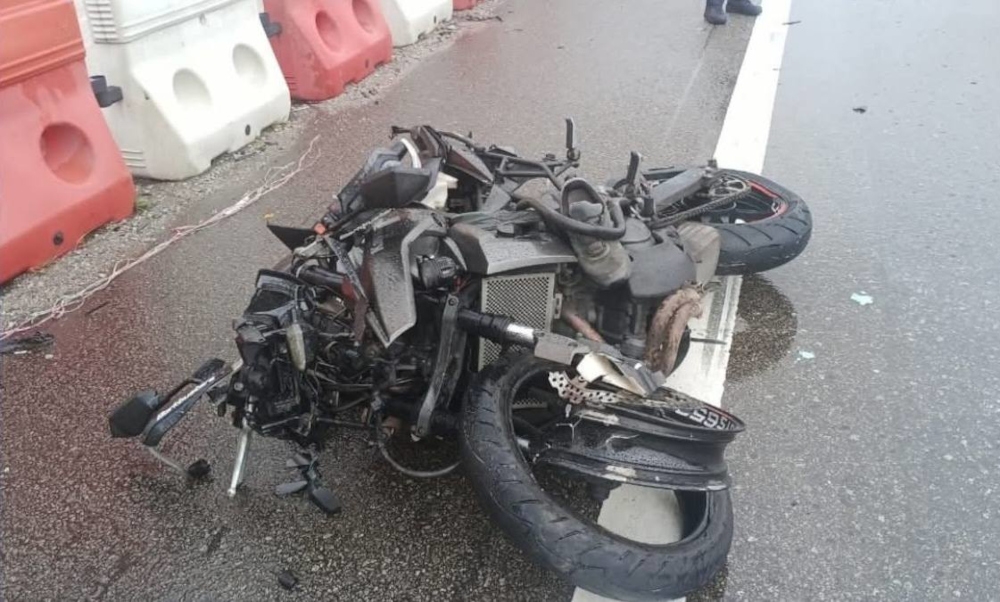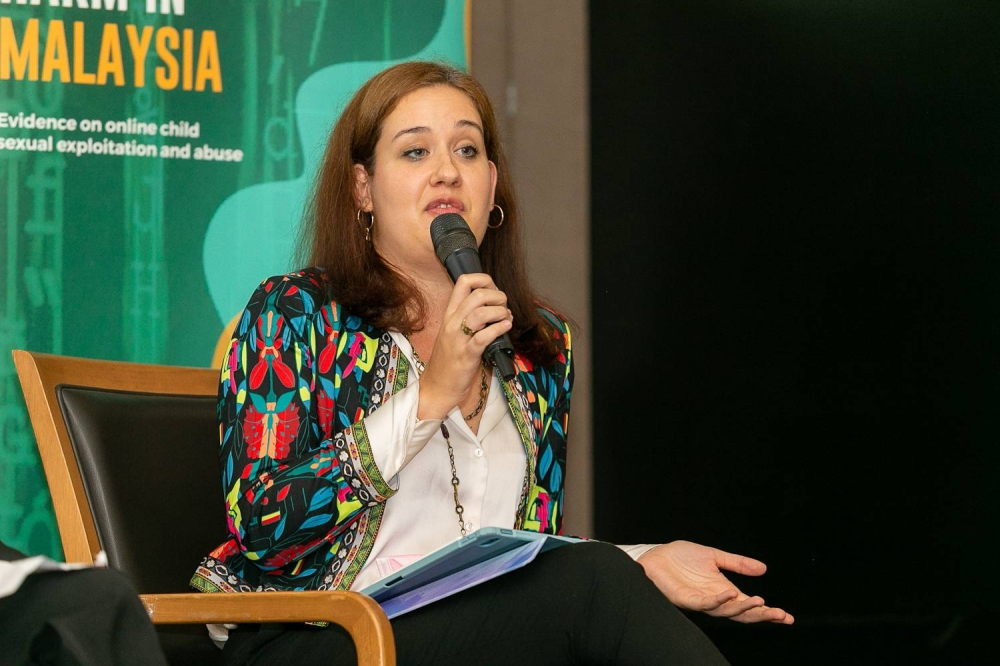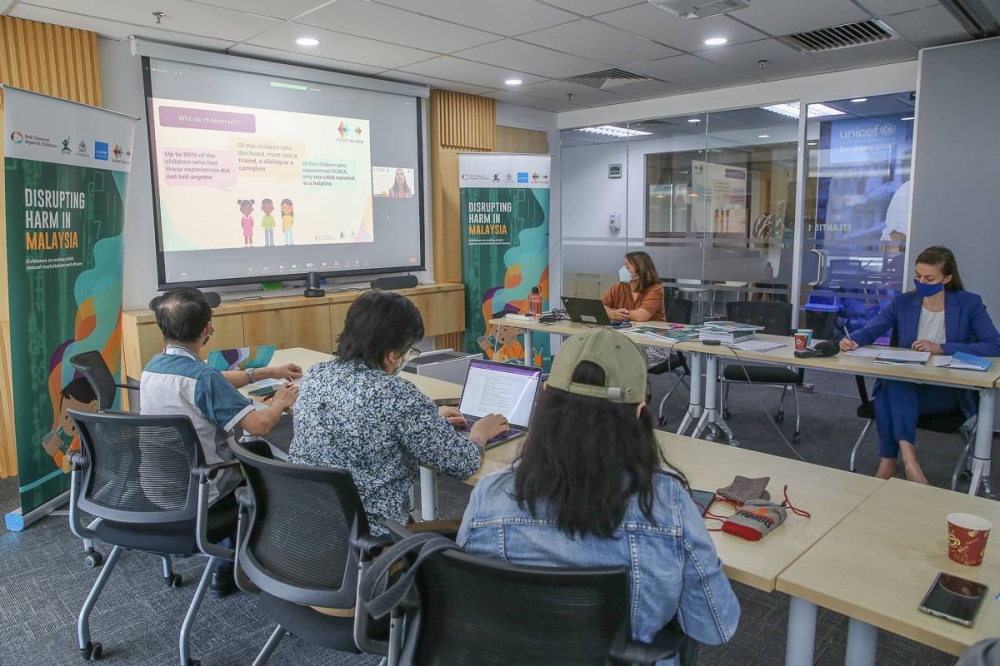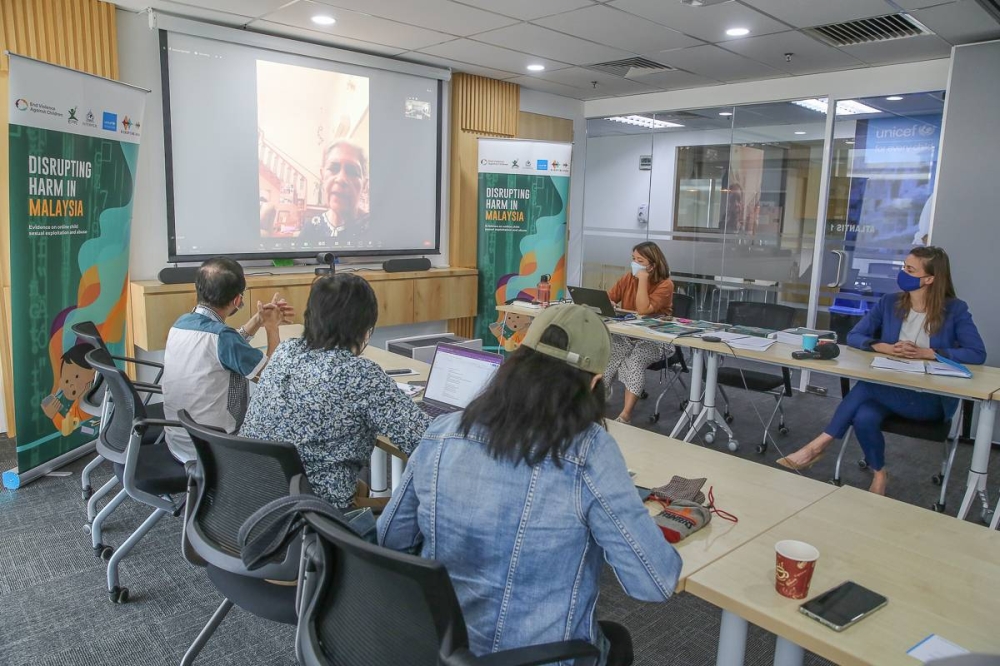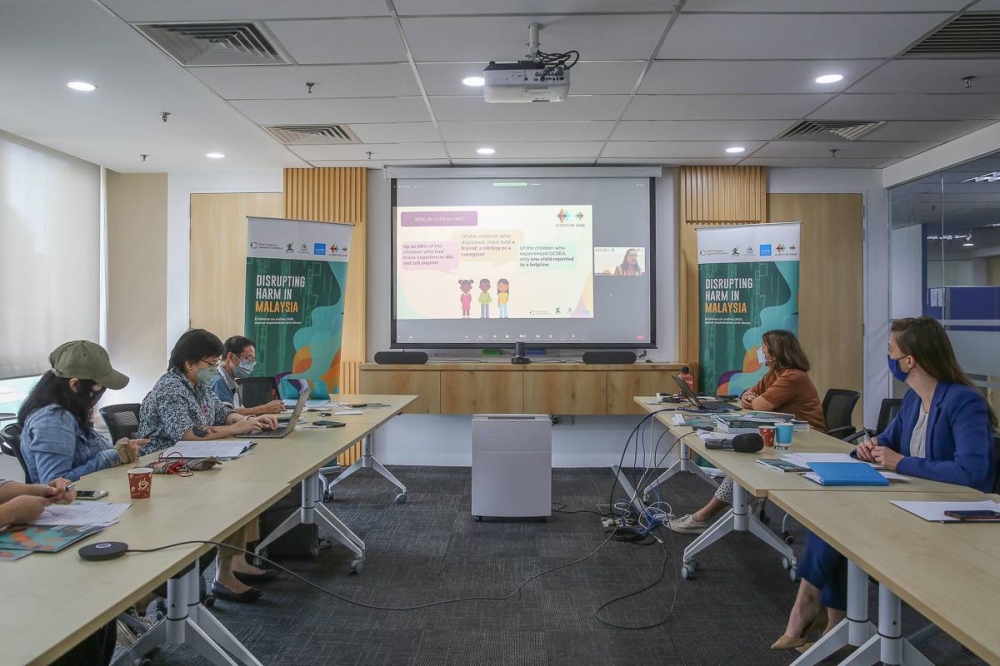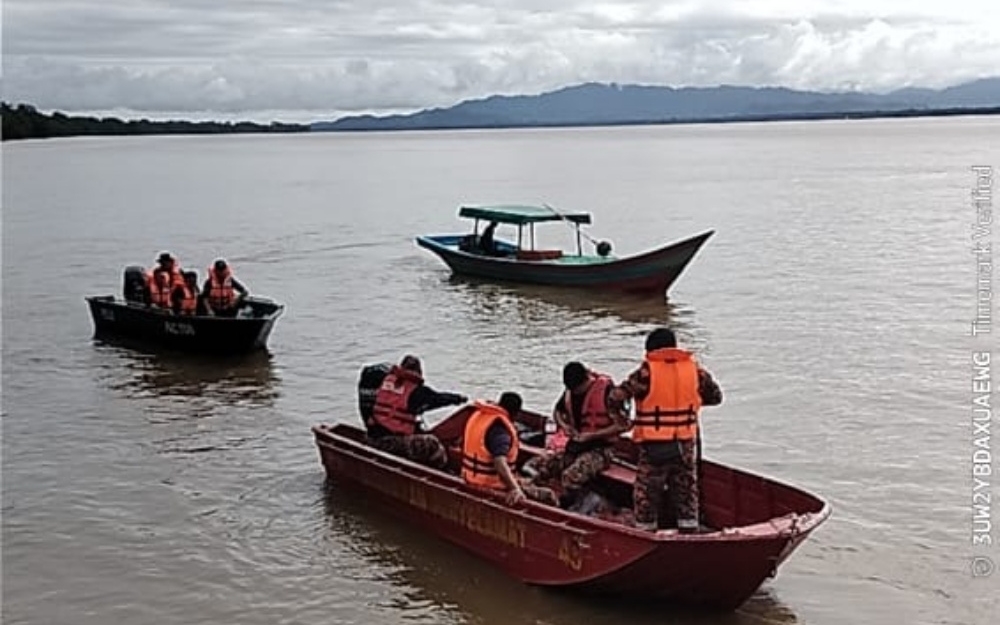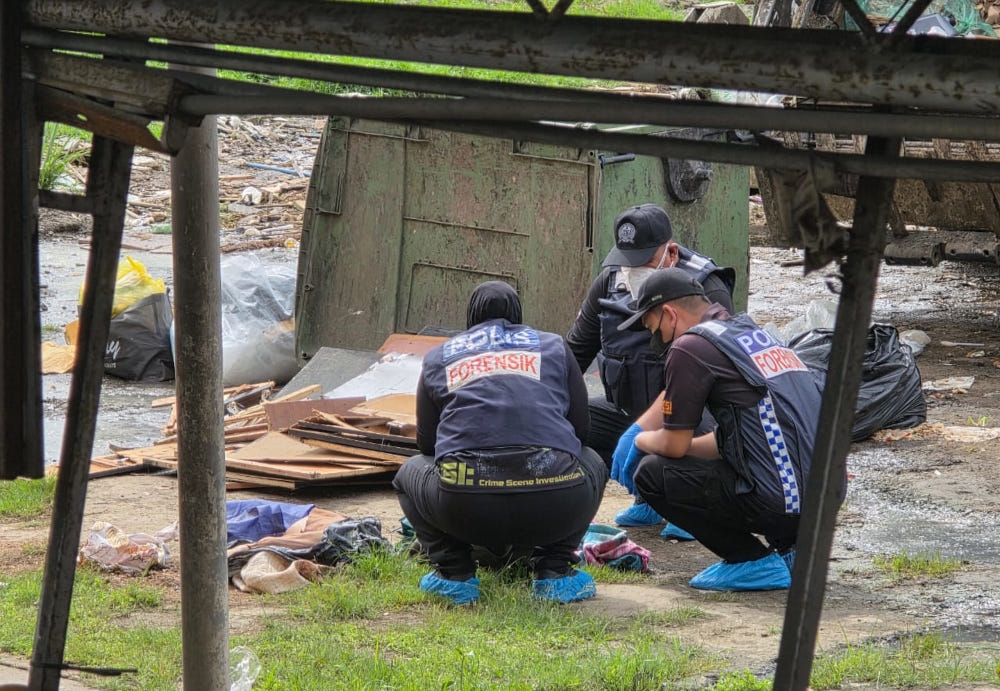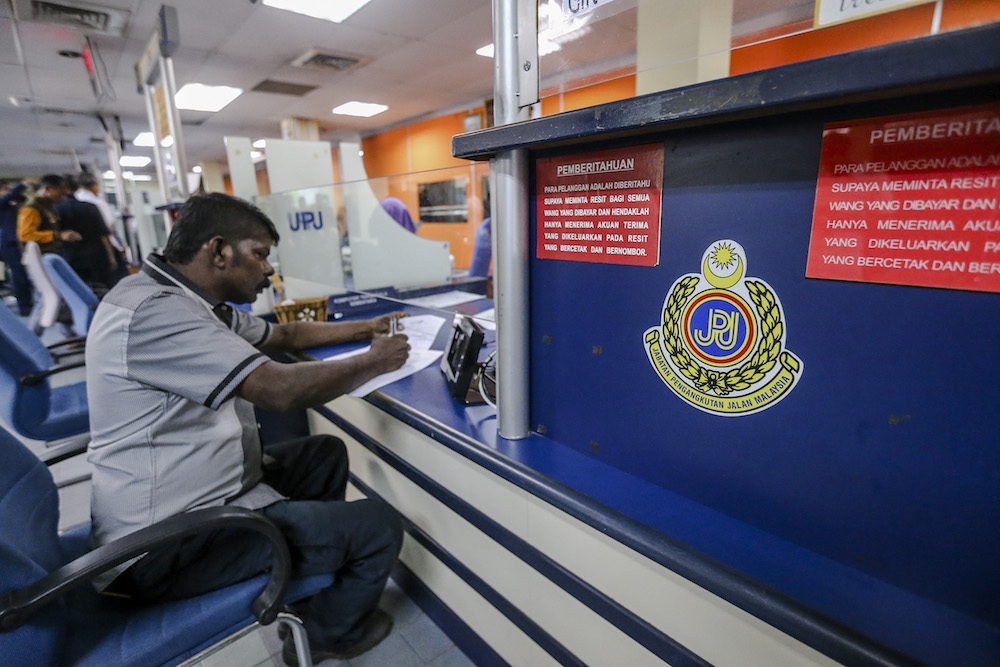KUALA LUMPUR, Sept 29 — Providing children with comprehensive sex education will empower them with the ability to recognise online child sexual exploitation and abuse (OCSEA), said End Child Prostitution in Asian Tourism (ECPAT) Legal Research Coordinator Andrea Varrella today.
At the launch of the “Disrupting Harm in Malaysia: Evidence on online child sexual exploitation and abuse” report here, she pointed to the research findings showing that of the 995 children surveyed, 60 per cent said they never received any sex education.
“From the side of ‘Disrupting Harm’, this is where we see the power of sex education: Knowing more about what consent means, what bodily harm means, what bodily integrity means, but also being able through this to know and understand when something abusive or exploitative is happening to them,” she said, saying that this could only be done through comprehensive sex education.
On the other hand, there was the issue of moral judgment clouding any sex education received, as she added: “Among the children who said they did receive a sex education programme, the vast majority actually said that this sex education was only through the lens of morality.”
Another panellist, Sexual Crime Court Against Children judge Datin Kunasundary Marimuthu also pushed for comprehensive sex education for children by contributing her experience with children who were sexually abused in the court system.
“It would be wonderful if this was taken up to the highest level because we have children who did not know they were sexually exploited, and it is a very sad affair that they did not know that what they had undergone is all part of sexual exploitation and abuse.
“To see that later when they realise that this is so and they have been sexually assaulted and abused, it just tears them apart. You can see the pain in their eyes,” she shared.
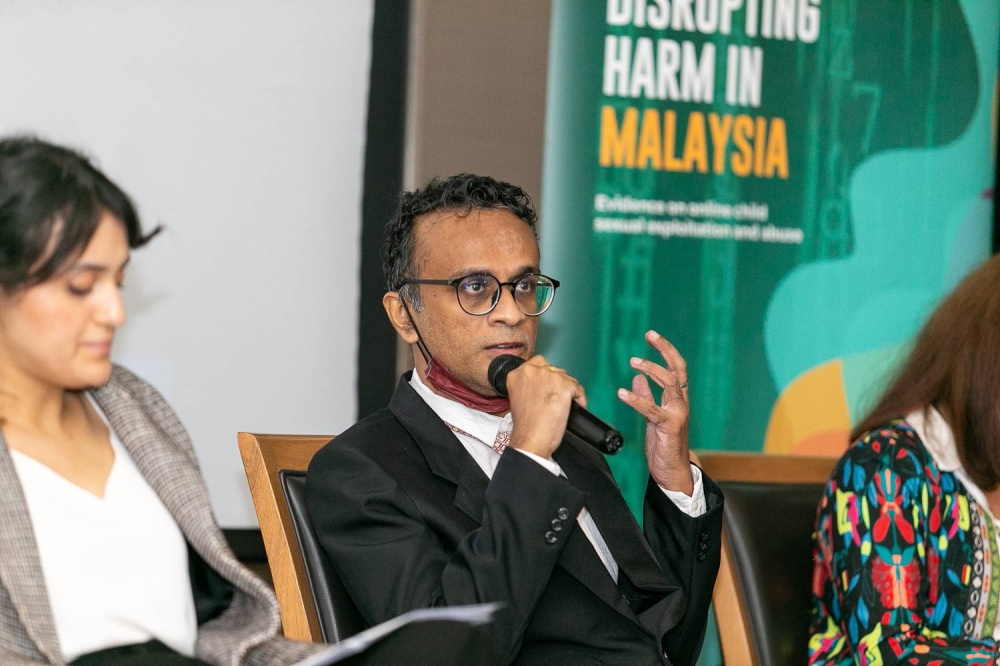
However, another panellist, Federation of Reproductive Health Associations Malaysia chair Dr Kamal Kenny cautioned against those joining the bandwagon for sex education who do not have the knowledge or expertise necessary to impart information.
“It should be a concerted effort not only by parents, school, and the ministry but everybody needs to come together on the same page,” he said, adding that there are a lot of people who do not aggressively want to push or advocate for the agenda.
He also said that the local context of taboos and stigma when it comes to sex education is the biggest hurdle to overcome as there has been an integrated effort pushing the matter for many years but that the challenge comes in misconceptions about what sex education really is.
Varrella said that any sex education programme must fulfil criteria of gender inclusivity, inclusivity in general, gender sensitivity and care.
She noted that sex education is ideally imparted through schools, but that it would fail to educate children who may be at particular risks such as those who are migrants, school dropouts and children who are homeless.
“So it is very important for this curriculum to be as inclusive and as wide-reaching as possible,” she said.
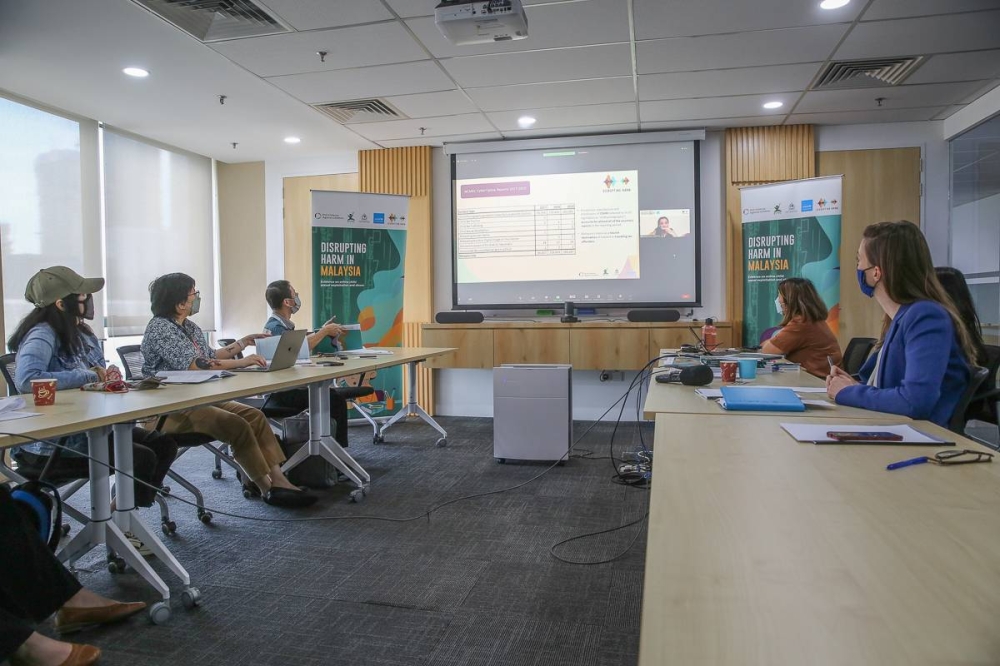
The report had recommended among others for exposing both adults and children to age-appropriate and gender-sensitive sexuality education, in addition to raising awareness of hotlines of helplines.
It also suggested school teachers receive additional training in OCSEA and support when they face difficulties in teaching sex education, as they are the preferred source of information for children.
The US$7 million (RM32 million) study was funded by the Global Partnership to End Violence Against Children and was carried out through the partnership of civil group End Child Prostitution in Asian Tourism (ECPAT) International, the Interpol and United Nations’ Children’s Fund’s (Unicef) Office of Research.
In Malaysia, researchers interviewed 995 children aged between 12 and 17 who had used the internet in the three months prior, in addition to ten semi-structured interviews with 11 criminal justice professionals, a survey of 50 frontline service providers that included outreach youth workers, social workers, and health and legal professionals working with children’s cases, and interviews with 18 government officials.

